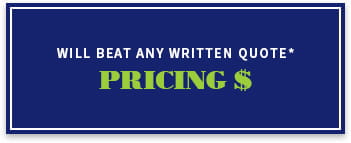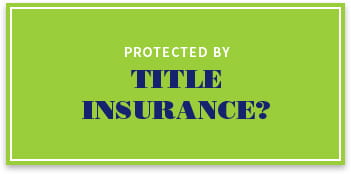Frequent Questions
What is a Conveyancer?
A Conveyancer is a Para legal professional who does all paperwork associated with buying and selling property. In our opinion, a tried and tested Conveyancer with sufficient experience, to handle the job at task and have solicitor backup. We have over 21 years experience and solicitor backup.
Are there 'Cowboys' in the industry?
Yes, our business has unfortunately dealt with many people who have no idea what they are doing. Thankfully, we know what we are doing and can assist in all aspects of Property Conveyancing.
Can I protect myself against this?
Our advice is to stay clear of home based Conveyancers working along, that lack experience, have no professional indemnity insurance, solicitor backup or a proven track record. Low Cost Conveyancing Services have several dedicated staff to the job at hand, full accreditation, solicitor backup and a proven track record.
We have enough staff on hand to assist you when you call. Thousands of happy customers keep coming back and refer their friends and associates to us.
What is Conveyancing?
Conveyancing is the transfer of ownership of any property or real estate from one person to another. Conveyancing not only applies to those purchasing or selling properties, but can also be the result of a gift or a devise by Will. The role of Low Cost Conveyancing Services is to ensure that a clear title is conveyed with minimum complication and peace of mind to the client.
What is the first step?
Get in contact with Low Cost Conveyancing Services either by phone or email. (See our contact details on the home page.) We will guide you through the maze of procedures and turn the whole experience into a fun, exciting and pleasurable transaction.
What are Stamp Duty and Registration fees?
Stamp duty is a tax you must pay when you buy a property in Victoria. Registration fees are another 'tax' you pay to have the title put into your name. You don't have to pay these when you sell.
When do I pay the Stamp Duty and Registration fees?
If you are purchasing a property and are borrowing funds from a lending institution, normally the lender will usually take out the Stamp Duty and Registration Fees, together with any application fee from the loan, before, settlement. If you are using your own money and no lender is involved to buy the property, Low Cost Conveyancing Services will attend to the Stamping and Registration of your title after settlement at an additional cost.
Is there anyway I can get out of paying the Stamp Duty and Registration fees?
Yes! But usually you must be eligible for an exemption from the tax. Ie. You are a First Home Buyer; you have a Concession Card or have another acceptable Concession Card. To check whether you qualify for these benefits, you should contact this office. Don't forget if you are a First Home Buyers and have a family you may be eligible for even further exemptions!
Buying subject to finance: Can the Vendor withdraw from the Contract?
You must insure that your finance is approved formally as opposed to a 'Pre-Approval'. If you need more time we will be able to arrange this for you. Often the owner will be just as keen to continue with the sale, as you are to purchase. If you comply with the conditions of the Contract, an extension can be requested. If the Vendor will not grant this extension, it is the Purchaser who has the option to withdraw from the Contract and get your deposit back. If the Purchaser does not wish to withdraw, then the Contract of Sale will become unconditional and the purchase will proceed to settlement. Speak to our office for full details.
What about the deposit?
You must always pay the deposit by or on the day it is due. Be guided by the contract. When does it say you must pay it by? Even if you're still waiting for your finance to be approved, you must still pay the deposit. Contact our office for full details.
What are Disbursements?
Disbursements are monies paid out by Low Cost Conveyancing Services for information. They include obtaining a Title Search, and Property Enquiry Certificates prior to settlement. The amount of Disbursements will vary depending on if you are purchasing or selling a property. For example, a certificate obtained from the local municipal council (Land Information Certificate) incurs a fee of around $28.00. Get an instant quote for our costings.
What are adjustments?
Adjustments are basically working out what the owner has paid or not paid, towards rates on the property. Low Cost Conveyancing Services will complete this prior to settlement and advise you accordingly. Each situation is different and will give you information accordingly. We will explain to you how they work towards the end of the transaction and they can be quite confusing. In the end, it is up to us to take care of it for you.
What time is settlement?
Low Cost Conveyancing Services can in most cases, give a time for settlement at around one week prior to the settlement date. Sometimes we can only find out about 3 days before settlement. It largely depends on the vendors' representative. We try and cater for all circumstances, so don't forget to tell us in advance what suits you. Don't forget, you don't need to go to the settlement. We will do this for you.
I've sold my property, when do I get my money?
In most cases you can have your money deposited into your nominated account on the day of settlement. If you are receiving a cheque for the balance, it's usually the next day. We will discuss your options with you prior to the settlement day.
Professional Indemnity Insurance.
In accordance with Section 330(1) of the Legal Practice Act 1996, this business holds Professional Indemnity Insurance against civil liability about all conveyancing work performed in the course of this business.




